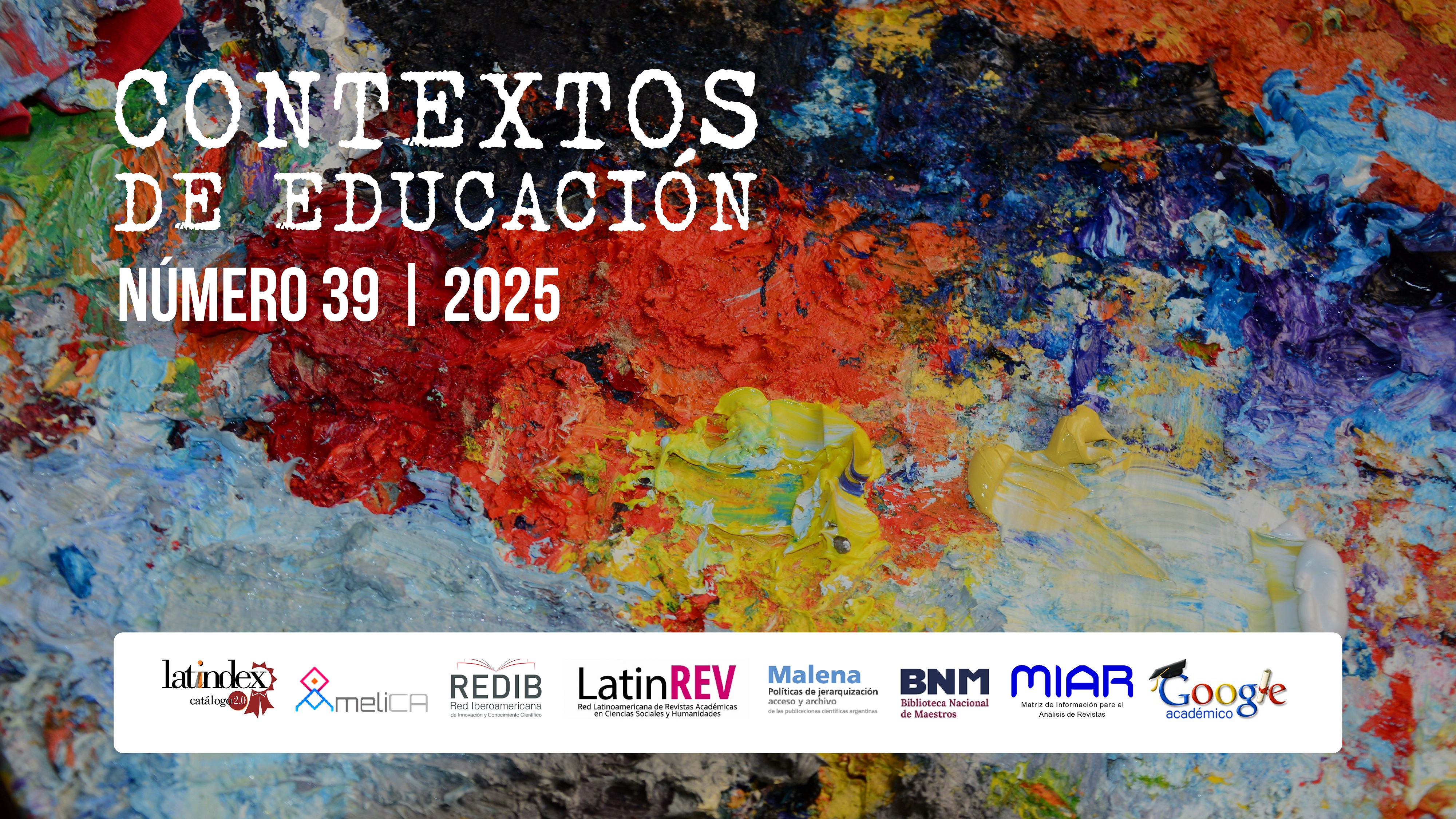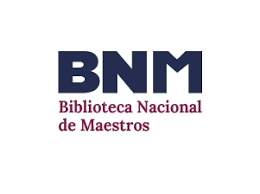Social representations, a fundamental ally for promoting health education in the area of mental health among argentine youth
DOI:
https://doi.org/10.63207/a7q0fr53Keywords:
Social Representations, Mental Health , Youth, Health EducationAbstract
In Argentina, 29.1% of the population has experienced at least one Mental Health (MH) condition. The age group of 18 to 35 years shows the highest prevalence of any mental disorder. Consequently, it is essential to consider interventions that address the development of Health Education by focusing on the issue of MH for this group, which is regarded as a strategy that promotes individuals' ability to identify their needs and decide on appropriate actions to foster a healthy life through pedagogical tools. These interventions must be based on the perspective of the subjects they are directed towards. In this regard, the study of Social Representations (SR) provides a methodological framework to investigate what individuals understand by MH. Considering the gap in research regarding studies that explore young people's understanding of MH, the aim of this study was to investigate the SR regarding MHC in Argentine youth aged 18 to 35 years. To this end, 167 participants were surveyed using the free listing technique. The information was analyzed with Anthropac 4.0 software. The Smith relevance index was obtained, which allowed us to observe that participants primarily associate the term MHC with words such as "Psychology," "Well-being," and "Stability." In conclusion, it is expected that these findings will serve as input for developing health education strategies focused on MHC aimed at young people.
Downloads
Downloads
Published
Issue
Section
License
Copyright (c) 2025 Luis Thiago López Escobar, Martin de Lellis, Jazmín Cevasco

This work is licensed under a Creative Commons Attribution-NonCommercial-ShareAlike 4.0 International License.
Política propuesta para revistas que ofrecen acceso abierto
Aquellos autores/as que tengan publicaciones con esta revista, aceptan los términos siguientes:- Los autores/as conservarán sus derechos de autor y garantizarán a la revista el derecho de primera publicación de su obra, el cuál estará simultáneamente sujeto a la Licencia de reconocimiento de Creative Commons CC BY-NC-SA 2.5 AR que permite a terceros compartir la obra siempre que se indique su autor y su primera publicación esta revista.
- Los autores/as podrán adoptar otros acuerdos de licencia no exclusiva de distribución de la versión de la obra publicada (p. ej.: depositarla en un archivo telemático institucional o publicarla en un volumen monográfico) siempre que se indique la publicación inicial en esta revista.
- Se permite y recomienda a los autores/as difundir su obra a través de Internet (p. ej.: en archivos telemáticos institucionales o en su página web) antes y durante el proceso de envío, lo cual puede producir intercambios interesantes y aumentar las citas de la obra publicada. (Véase El efecto del acceso abierto).












